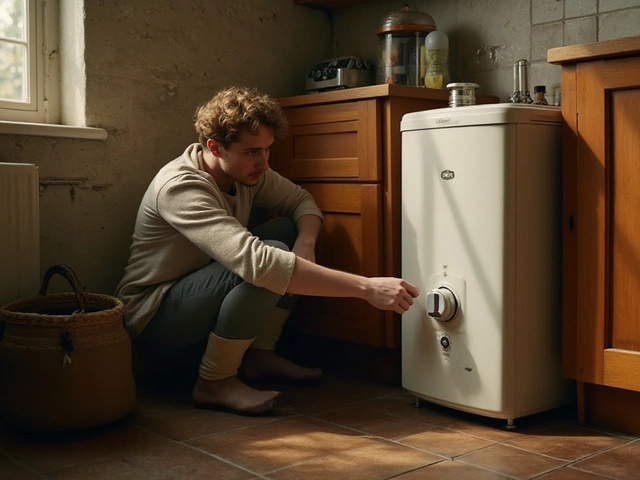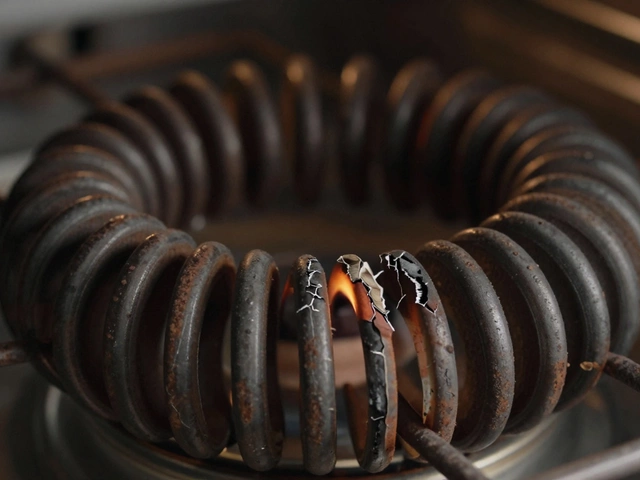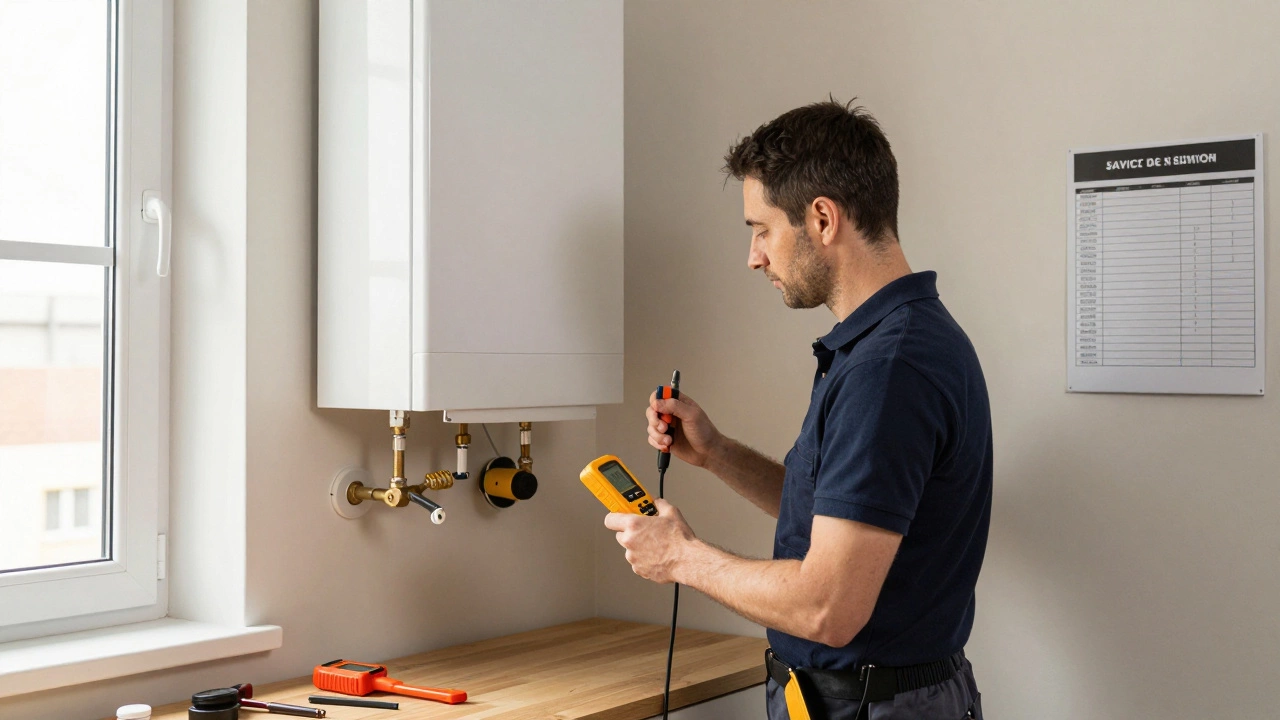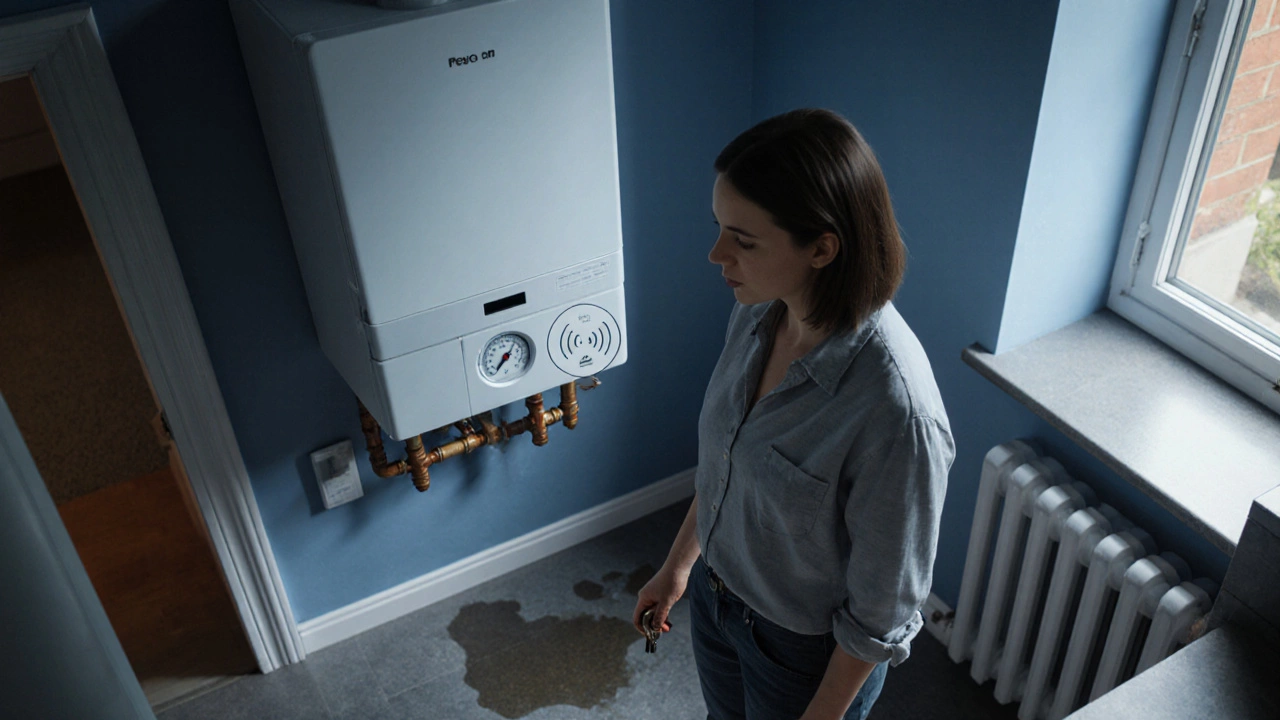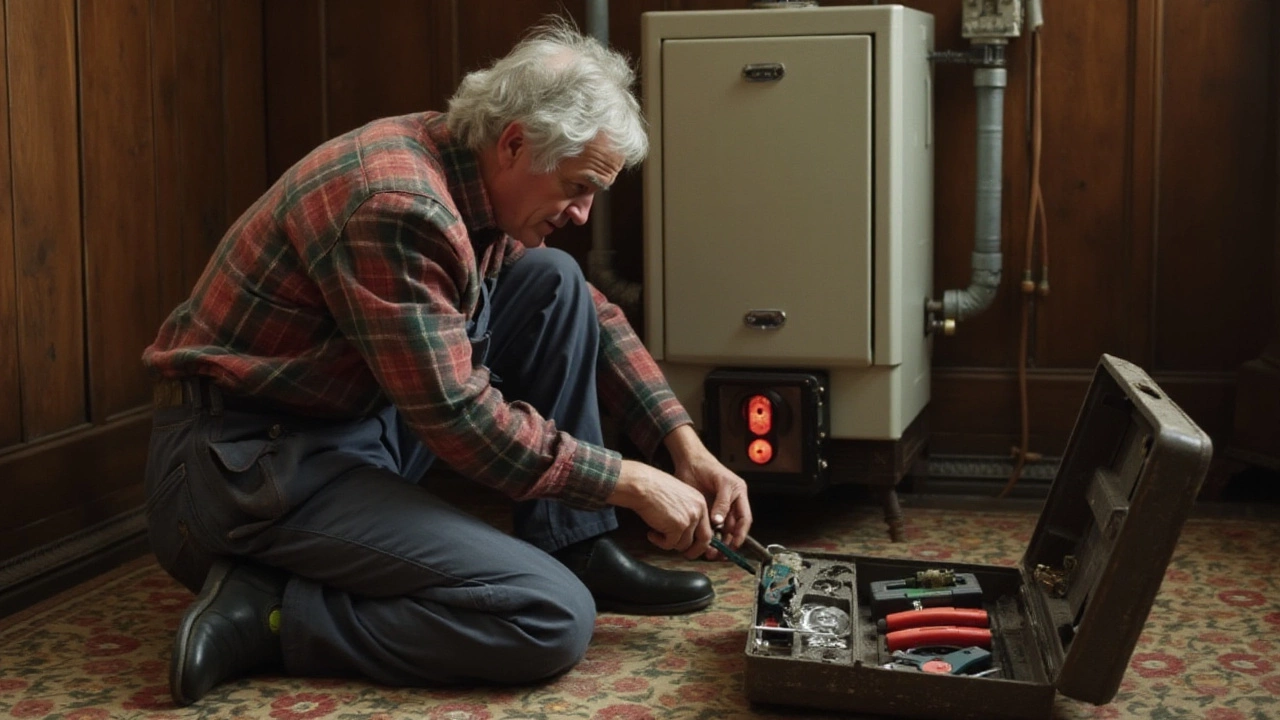Boiler Maintenance: Keep Your Home Warm Without the Hassle
Ever wonder why your boiler feels louder or why the radiators take forever to heat up? Most of those problems disappear once you give your boiler a regular once‑over. In Rugby, we’ve seen families save time and money simply by sticking to a simple maintenance routine.
How Often Should You Service Your Boiler?
At the very least, aim for a professional check‑up once a year. Spring is a good window – the weather is mild, technicians are busy, and you’ll be ready for the colder months. If you run a larger system or have older equipment, a six‑month service can catch wear before it turns into a breakdown.
During a service, a qualified engineer will:
- Inspect the heat exchanger for cracks or corrosion.
- Test safety devices such as the pressure relief valve.
- Check the gas pressure and combustion efficiency.
- Flush out any sludge that might be blocking the system.
Most of these steps take under an hour, and the tech will leave you with a clear report and any recommended fixes.
Quick DIY Checks Before You Call a Pro
Not every hiccup needs a full service. Here are three things you can do yourself, safely:
- Check the pressure gauge. The needle should sit between 1 and 1.5 bar when the system is cold. If it’s lower, top it up using the filling loop – just follow the instructions in your boiler manual.
- Listen for strange noises. Gurgling or banging often means air in the radiators or a build‑up of limescale. Bleeding the radiators can clear the air and improve heat flow.
- Look for leaks. Any water around the boiler, pipework, or on the floor is a red flag. Even a tiny drip can cause corrosion over time.
If any of these checks reveal an issue, or if you notice these warning signs, it’s time to call a professional:
- Persistent loss of pressure.
- Flames turning yellow or erratic.
- Odd smells, especially gas‑like odors.
- Repeated system shutdowns.
These are safety concerns that only a certified engineer should handle.
Our own blog covers a few related topics that can help you decide when to act. For example, "How to Tell If Your Boiler Is Broken" walks you through the early symptoms, while "Broken Boiler? How Long Can You Really Last Without Heating & Hot Water" explains what you can do while waiting for a repair. If you’re already thinking about a new unit, "Boiler Replacement Costs: Why Is It So Expensive?" breaks down the price drivers.
In Rugby, a local service brings three big advantages: quick response, familiarity with the water‑hardness level that can affect your boiler, and fair pricing. Most homeowners find that a yearly service costs a fraction of the price of an emergency repair or a full replacement.
Bottom line: a bit of routine care now saves you from cold showers, noisy radiators, and unexpected bills later. Grab your boiler manual, do the quick checks, and book a professional service before the next winter. Your home will stay cozy, and you’ll avoid the scramble when something finally goes wrong.
